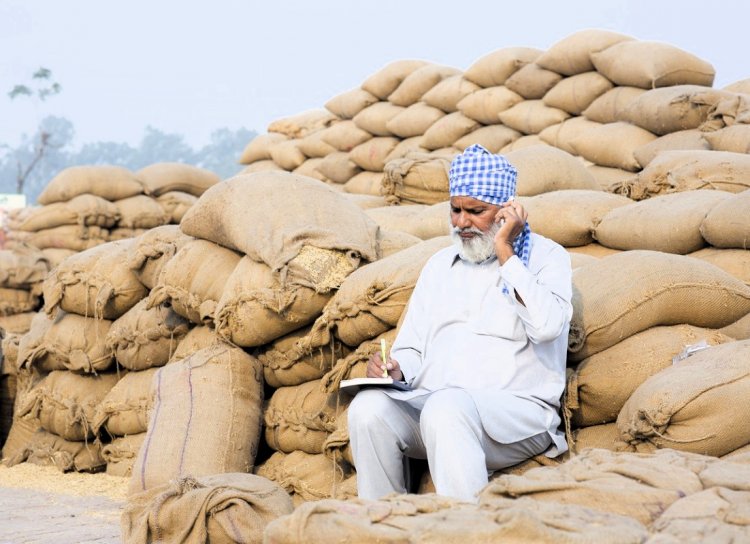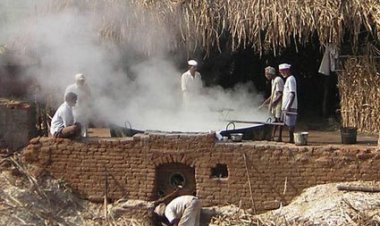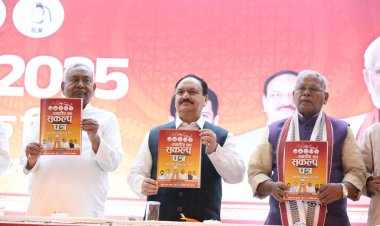Punjab paddy procurement in full swing, 50% harvesting completed
According to the ministry, about 90.69 LT of paddy arrived in mandis across Punjab by November 2, of which 85.41 LT has been procured by state agencies and the Food Corporation of India (FCI).

The paddy procurement in Punjab has crossed a significant milestone, with 85.41 lakh tonnes (LT) of paddy valued at Rs. 19,800 crore procured during the ongoing 2024-25 kharif marketing season. However, this is about 20% less than the paddy procured by the same date last year. The Ministry of Food and Public Distribution confirmed that operations are in full swing after initial delays. So far, approximately 50% of the paddy procurement has been completed, despite delays in harvesting and lifting crops from mandis.
According to the ministry, about 90.69 LT of paddy arrived in mandis across Punjab by November 2, of which 85.41 LT has been procured by state agencies and the Food Corporation of India (FCI). "Though the procurement commenced a bit late due to heavy rain in September and high moisture content in paddy, it is back on track and has picked up in full swing now," the ministry said in a statement.
The procurement drive, which began on October 1, has already resulted in payments worth Rs. 19,800 crore reaching about 4 lakh farmers across the state. The Minimum Support Price (MSP) for 'Grade A' paddy has been set at Rs. 2,320 per quintal for the current season.
The Centre has set a procurement target of 185 LT for Punjab this season. The Punjab government has operationalized 2,927 mandis and temporary procurement centres to facilitate smooth operations. The ministry stated that 4,640 rice millers have applied for paddy shelling operations, with the state government already allocating work to 4,132 millers.
The Central Government has fixed an estimated target of 185 lakh tonnes for paddy procurement for the ongoing marketing season, which will continue until November 30. Punjab, a key player in India’s grain economy, contributes significantly to the central pool of food grains. The state's performance is crucial for maintaining the country's food security and managing buffer stocks. The government undertakes procurement operations through state-owned FCI and state agencies.



 Join the RuralVoice whatsapp group
Join the RuralVoice whatsapp group









































